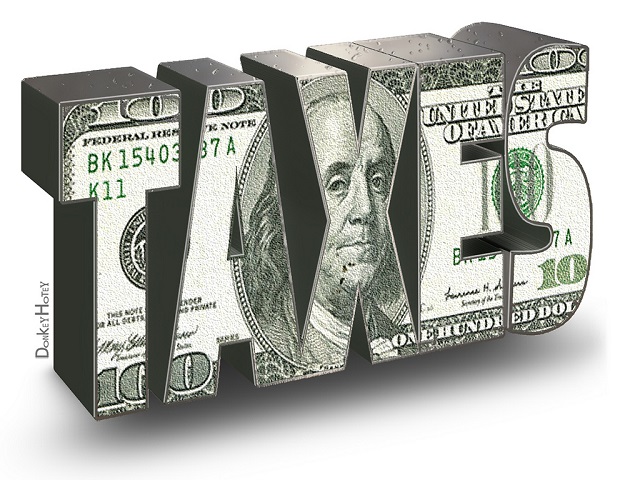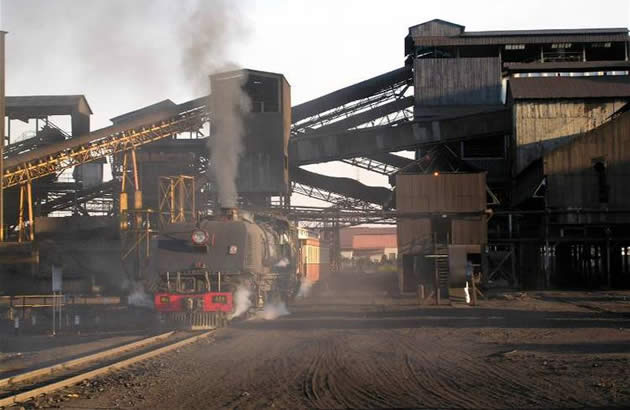‘Bailout for mining sector’

Oliver Kazunga, Senior Business Reporter
THE Government plans to bail out the mining sector through reducing electricity tariffs to boost mineral output.
Energy is one of the cost drivers in the economy and contributes a huge portion of the production costs in the mining sector.
Finance and Economic Development Minister Patrick Chinamasa said on Thursday while announcing the mid-term fiscal policy statement that the move would assist in attracting investment for recapitalisation of the mines.
The sector is operating below capacity with some entities closed and in need of resuscitation.
“Review of electricity tariffs for the gold industry from USc12,8 per kilowatt hour to the regional average of USc8/KWh, is also being considered with a view of aiding reduction of operating costs. . .
“The tariffs that will be paid by mining companies will be on a sliding scale, whereby they will increase or fall in line with fluctuations in commodity prices,” he said.
Minister Chinamasa said the decline in mineral commodity prices is adversely affecting mining operations.
“The modest gains during the first half of this year in some of our mineral commodities remain inadequate to compensate for the global fall in mineral commodity prices.
“Modest gains in mining since the onset of 2016, in terms of both output and market price trends, have been registered by most minerals, with the exception of diamonds, chrome and coal.
“Resultantly, the value of mineral output for the first half of 2016 was up by 8,8 percent to $808 million, from $741 million during the comparable period in 2015,” he said.
Chinamasa said mineral output for gold, platinum, and nickel is expected to remain on a positive trend, while diamonds and ferrochrome output is anticipated to be subdued.
Since 2009, the mining sector has been the main driver of economic growth and therefore the fall in commodity prices is impacting negatively on economic growth.
In the past, the Chamber of Mines of Zimbabwe has hinted that besides the effects of power shortages and high tariffs, the sector was grappling with depressed metal prices, low capital and reduced foreign direct investment inflows. — @okazunga










Comments